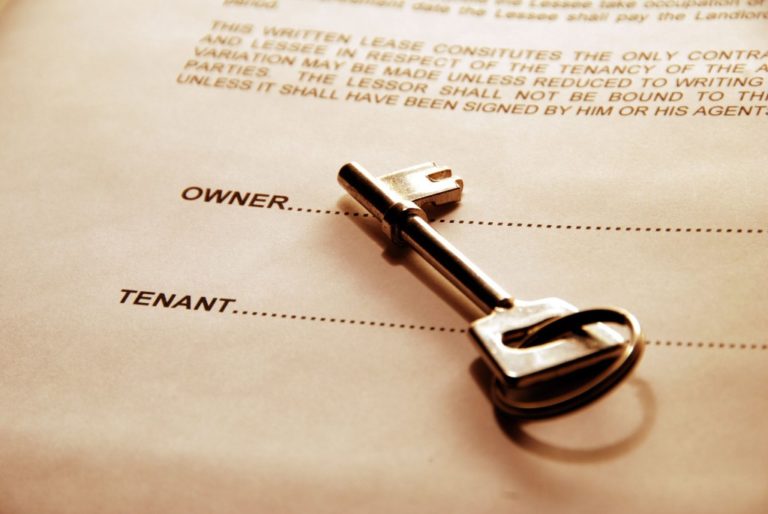Owning property for commercial use is one of the means you can use to invest money; unlike transport business, commercial property investment are immovable assets which have less risk of accidents save for fire. Buildings such as retail or office buildings, industrial complexes, and warehouses are all types of property that, while costly, can be used as means to invest and can provide fast returns in a short space of time if they are correctly managed.
Of course, useful management is means in make certain that your commercial property investment pays off, and each type of building needs different tenants and valuable management strategies in order to generate a reliable income stream. Having said that, there are a few well-established advantages and disadvantages of owning commercial property that can influence your investment decision.
Below are some of the pro and cons of involving yourself in the property market.
Advantages
Income potential
As mentioned above, the income potential for commercial property is much higher compared to residential property.
Annually, owners of commercial property normally get up to 12% of the purchase price in rental revenue – compared to that of residential property, which generally maxes out at around 4%.
Public image
As the tenants of commercial property are normally involved in the retail sector, they have a vested interest in keeping their premises neat and appealing to the public – which means your building also looks good.
Co-Working Space Development
This mutual interest between you as the property owner and tenants can assist to lure new tenants let alone raising the property value of your building, and all at no extra cost to you.
Business hours
Due to the nature of commercial property, most tenants are only present in the building during normal business hours. This means that, unlike in the case of a residential building, you as the landlord are unlikely to be disturbed at odd hours with requests for help (except in the case of an emergency).
Most commercial properties are also outfitted with alarm systems that provide added security at night for this reason.
Business relationships
In addition to keeping business hours, most tenants of commercial properties maintain a professional relationship with the property owner.
This helps to keep dealings on a business-to-business level, which can make communication between the two parties easier and more straightforward in many situations.
Price evaluations
Commercial properties can be much easier to evaluate accurately than other types of property, particularly with the help of a skilled and experienced broker.
Century City’s (Century City) Expansion Over the last few years has been astounding
By requesting an income statement from the current owner, interested buyers can get a good idea of the income-generating potential of the building and make their investment decisions accordingly.
Lease terms
The nature of commercial property agreements mean that fewer consumer protection laws apply to leases of commercial property than residential property or other kinds of investments.
This allows for more suppleness in the agreement that is struck between buyer and seller, enabling a better deal to be constructed that suits the needs and interests of both parties.
Disadvantages
Management
Commercial buildings have various tenants, which can amplify the burden of management that typically falls on the property owner.
In fact getting a consistent income stream from a property of this kind normally requires devoted and thorough management, in areas such as lease management, safety and maintenance concerns, and all legal and business operations. This requirement entails that a considerable amount of time and effort is necessary on the part of the property manager.
Higher capital
Commercial properties are usually costly than residential ones, and for that reason they require a greater amount of capital which is generally needed as preliminary investment in order to make a successful purchase.
Larger properties also tend to draw larger bills in the form of repair costs and general upkeep. This means that adequate tenants (paying rent at a sufficient rate) are needed in order to make a commercial property financially viable.
Increased risk
Having many tenants, any number of visitors or customers, and, quite often, valuable goods stored on the premises, means that there is an increased risk of damage or theft to parts of the property, it contents, or people on the property at the time, all of which can result in heavy and unexpected costs.
These incidents tend to be more probable at a commercial property than a residential one.
Professional assistance
Owning a commercial property is not a guarantee that you know how to keep it in one piece. As landlord, the maintenance and upkeep costs are generally your responsibility, often requiring you to obtain professional help for additional cost.
This is another financial consideration that must be made when deciding on an investment in commercial property.

